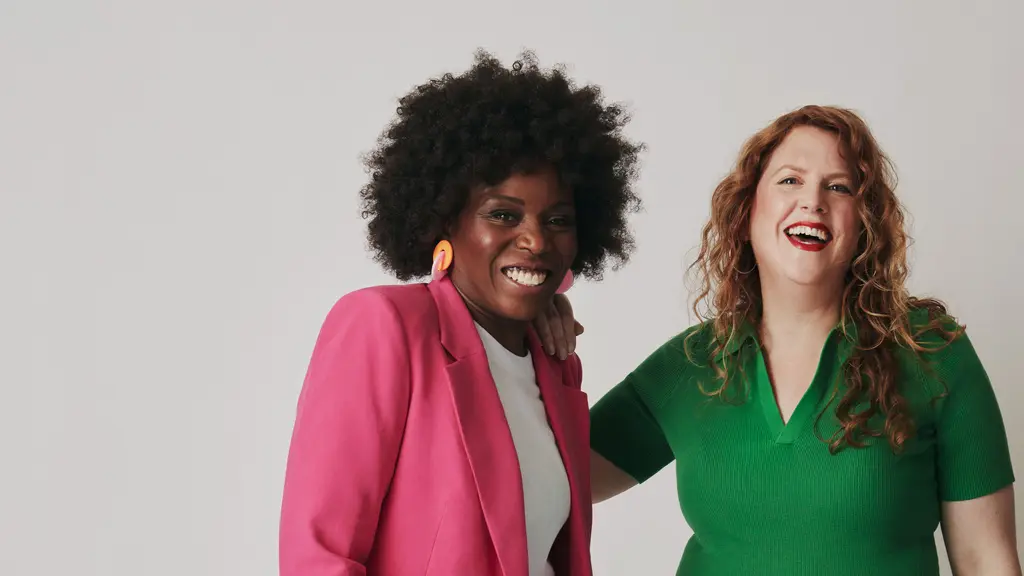The Centre for Ageing Better opens its photography exhibition in London today as part of the nationwide Age Without Limits’ first Action Day to counter the negative stereotypes of older age that are all too common in society.
As the Challenging Ageism: See and Be Seen exhibition opens, new research from the charity reveals over half (53%) of people aged 50 and above believe the depiction of older people in the media and advertising is negative and stereotypical and does not reflect their lives.
The new research also found that over a third (39%) of over 50s do not feel represented and heard in relation to changes and developments where they live.
Our Action Day is highlighting the issue that negative societal portrayals of ageing contribute to how people feel about getting older and influences how society sees, thinks and values older people.
Newly released data from the campaign also reveals that:
- More than one in ten people (11%)2 believe people tend to have less relevant opinions when they are older.
- Two in five people (38%) believe that older adults are generally less tolerant of others
- More than one in five of the population (21%) believe people have less fun as they get older.
- Over 50s living in Greater London (30%) and the East Midlands (27%) were most likely to feel less valued in their community as they age, while people living in the North West (18%) and the West Midlands (19%) were least likely.
- Over 50s living in Greater London (26%) and Yorkshire and the Humber (22%) were most likely to say they felt they were treated negatively in their community because of their age, while people living in South East (10%) were least likely.
In its first national Action Day, marked by events up and down the country, the Age Without Limits campaign is celebrating the theme of See and Be Seen in highlighting how broader, more diverse representation of older people could help counter the significant levels of ageist thinking within society.
The exhibition features around 150 photographs of people which challenge the stereotypes of growing older – from a belly dancing septuagenarian to a Southall man who found a love of modelling later in life.
The images are all taken from the charity’s image library which was launched three years ago to provide an alternative to the often narrow, negative and stereotypical way that older people and ageing is all too often portrayed in society. The Image Library collections on Unsplash and Pexels have had over 74 million views.
Today organisations across the country will take part in the first Action Day and share their activities using the hashtag #SeeAndBeSeen. The Centre for Ageing Better is encouraging the public to get involved and share how they are ageing positively online using the hashtag.
Mindy Meleyal, Participant in the Challenging Ageism: See and Be Seen Exhibition, said:
“I wanted to be part of the project because it really matters. Representation matters, we need to see people in order to know what is possible. Younger people need to be looking forward to this. Older people need to see a truer reflection of themselves.
“We don’t want to just see images of weak, crinkly old-people being miserable and vulnerable. We want to see people being vibrant, funny, experienced, skilled, out there living life to the full. That is equally true of older people’s experience, and yet is much less frequently shown.”
Dr Carole Easton OBE, Chief Executive at the Centre for Ageing Better, said:
“How we’re represented matters, whether that’s in the media, on TV or at work. Some groups of older people are barely represented at all. So it’s no surprise that over half of people aged 50 and above feel the depiction of older people is negative and stereotypical. These stereotypes make a difference to how society sees, thinks about, and values people as they age. With this exhibition and the wider Age Without Limits campaign, we are trying to challenge ageist and stereotypical perceptions of what growing older is and looks like.
“Narrow, negative and stereotypical depictions of older people exclude and ‘other’ them, and build an inaccurate picture of what we are capable of as we age. These stereotypes become the cultural norm that feeds into ageism. As we are all ageing, this affects every single one of us. Ageism is the prejudice against our future selves so we all have a very strong self-interest to end it.”
The free ‘See and Be Seen’ exhibition opens on today at noon and runs until Saturday 23 March at Pop 1, The Now Building, next to Tottenham Court Road Station and opposite Soho Place Theatre.
